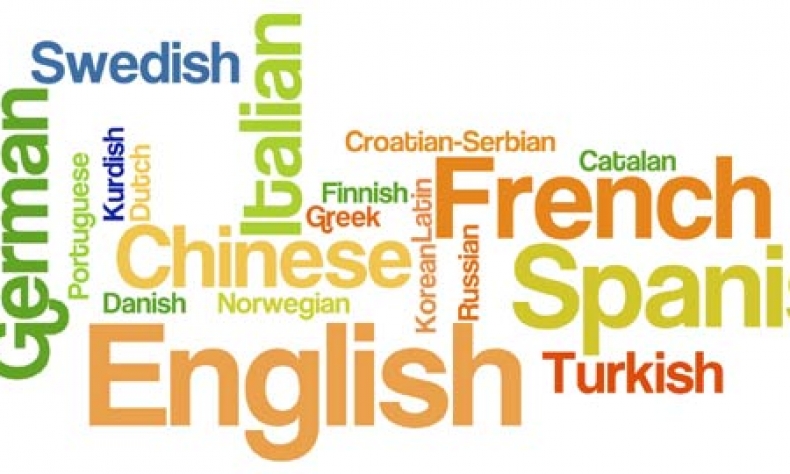It Takes Effort to Learn to Communicate With Different Cultures

As people from China and the U.S. travel to each other’s countries, communication will become better and better. We will learn to communicate in ways each other will understand and bridge the gap between our communication.
Language-communication can be difficult between different countries. There are differences in cultures, attitudes, beliefs, local phrases and customs. Understanding a country’s history is also important to develop good communication skills.
All of these have to be appreciated to communicate effectively with people from a foreign country.
I spent six years teaching English in Beijing. I began in a training school and then taught in a university. I had my share of misunderstandings with the students and teachers. Over my time in Beijing, as I learned more about China and its culture, I began to understand better and my communication became better. But the niggling worry if I was saying the correct thing never left me.
Teaching at the university was easier as most students had English in their public schools and could communicate at least on a basic level. I taught non-English majors as well as English majors.
I noticed right away that the students were shy to speak in class. The fear of saying something wrong. This was mainly due to more emphasis in public schools on reading and writing and less on speaking.
So at the beginning of each semester, hardly anyone would talk until time passed and their confidence increased. It took some time to develop a comfortable environment in which we could openly speak and share ideas. Small group discussions and one-on-one exchanges worked very well.
The university English staff was very helpful and I learned to adjust my teaching to benefit everyone. I offered my assistance to them if they had any questions or were not sure about grammar usage.
One of the situations I encountered was people thinking in their own language and then trying to translate it literally in their head. This of course works very seldom. So it is best if people learn a foreign language and think in that language when they are speaking.
The Chinese language says things with the least number of words, which should make it easy. But the tones make it hard again. It has four basic pitched tones and if you use the wrong tone, the meaning of a word changes. So it is important to learn all aspects to communicate well.
In English, we use adjectives and adverbs to expand an idea and make it more understandable. I found this was difficult with the students as they were already conditioned to speak with as few words as possible. But I found that the key to learning a language was speaking. And the students that spoke the most improved the best.
Communicating in Beijing was for the most part not too difficult. Many people could speak and understand English. I had taken some classes in Chinese from some of the teachers I worked with at school and could communicate on a basic level if I had to.
But since some taxi drivers are migrant workers from outside Beijing, I had trouble communicating with them. There are many different dialects in China. I would write down where I wanted to go and show it to the taxi driver and that worked the best.
As we all come from different areas, accents have a part in our pronunciation. I had students that I could hardly understand at first but with practice they got better and I got better at understanding them. I did not have too much trouble in restaurants that had pictures in the menus.
As people from China and the U.S. travel to each other’s countries, communication will become better and better. We will learn to communicate in ways each other will understand and bridge the gap between our communication.
The author is an American who taught English at the University of International Relations in Beijing.
 Facebook
Facebook
 Twitter
Twitter
 Linkedin
Linkedin
 Google +
Google +










